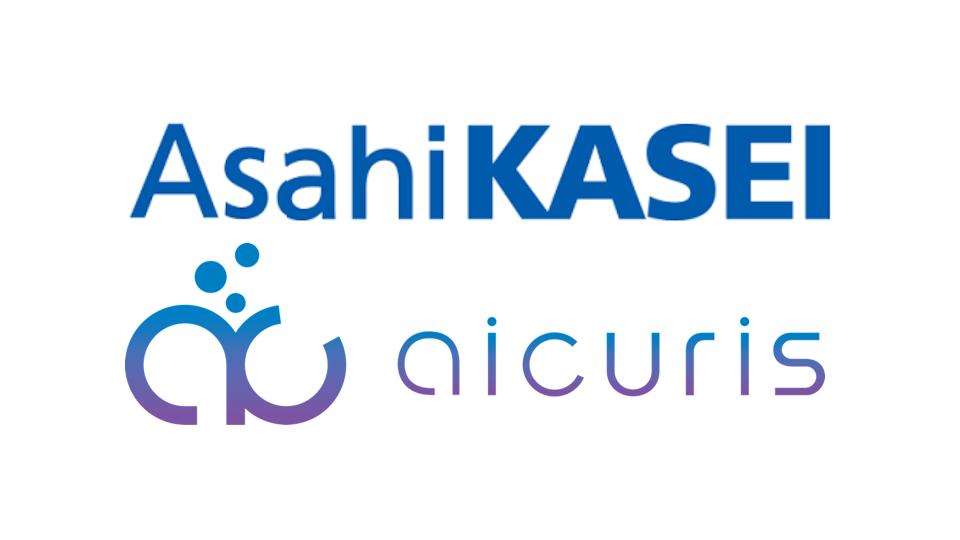J&J reels in bispecific specialist Proteologix in $850m deal

Johnson & Johnson has agreed a $850 million deal to acquire Proteologix that will give it a pair of early-stage bispecific antibodies with immunology applications, including a drug heading for phase 1 testing in atopic dermatitis (AD) and asthma.
The agreement, which also includes an unspecified milestone payment, is expected to close in the middle of this year subject to antitrust clearance and other customary closing conditions.
It bolsters J&J’s already evident expertise in bispecific drugs, which bundle two drug targets in a single medicine and have come to prominence in oncology. J&J’s current roster of bispecifics includes CD3xBCMA-directed Tecvayli (teclistamab) and CD3xGPRC5D Talvey (talquetamab), both used to treat blood cancers.
Proteologix’s lead candidate PX128 targets TSLP – currently drawing a lot of attention among drug developers – and IL-13, a well-validated target in atopic dermatitis, asthma, and other immunological and inflammatory diseases. It also has a second antibody called PX130 in preclinical development for moderate to severe AD, also known as eczema.
There is one TSLP-targeting drug on the market, Amgen and AstraZeneca’s asthma therapy Tezspire (tezepelumab), with a series of others coming through the industry pipeline for a range of indications. That includes GSK/Aiolos Bio’s AIO-001, Upstream Bio’s verekitug, Uniquity Bio’s solrikitug, and Sanofi’s lunsekimig – which is the closest competitor to PX128, as it is also a bispecific targeting TSLP and IL-13.
IL-13, meanwhile, is one of the targets for Sanofi’s massive-selling antibody treatment Dupixent (dupilumab) – approved for both AD and asthma, as well as a series of other inflammatory diseases – as well as LEO Pharma’s Adbry (tralokinumab) and Eli Lilly/Almirall’s lebrikizumab. Adbry was cleared by the FDA for AD in 2021, but the US regulator turned down lebrikizumab for the same indication last year. Lilly and Almirall’s drug has, however, been approved for AD in Europe.
It’s clear that Proteologix’s drugs will enter a crowded market, but the two bispecifics are “designed for infrequent dosing intervals, which offers convenience patients prefer,” according to J&J.
“Current advanced therapies for AD either target a single pathway and have limited efficacy or are more broadly immunosuppressive, resulting in significant safety concerns,” said the pharma group’s head of immunology, David Lee.
“We see an opportunity for best-in-disease efficacy for both PX128 and PX130 as each bispecific antibody targets two different combinations of disease-driving pathways that are mediating the skin inflammation in heterogeneous subpopulations of AD patients.”













